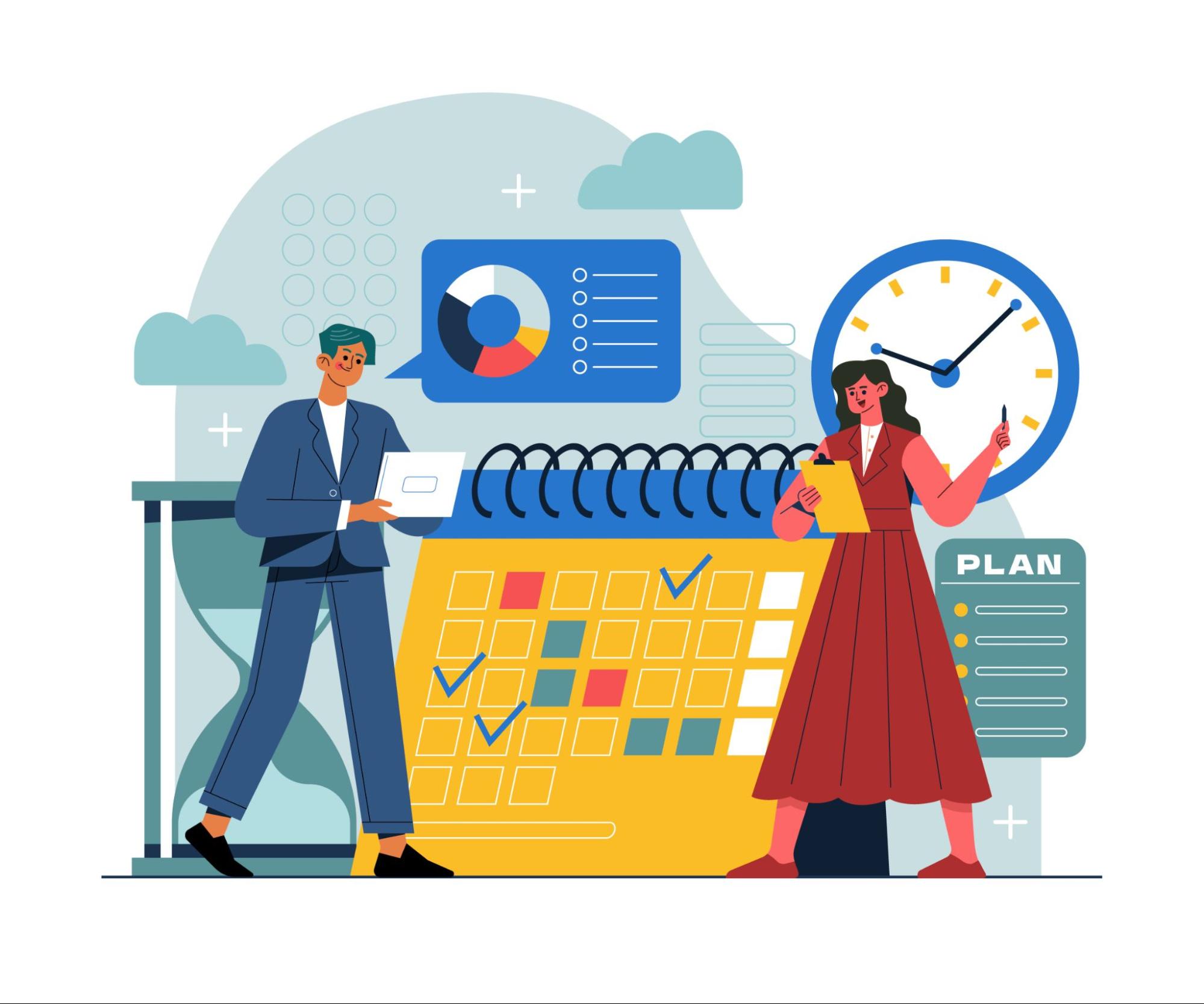
In today’s world, managing time has become more important than ever. We all have busy schedules, never-ending work, and personal responsibilities that make daily life hectic. Fortunately, personal planners are available to help us manage our time more effectively, and one of the most useful tools is the personal planner.
A personal planner lets you track your schedule, set goals, and prioritize tasks. With the right approach, a personal planner can help you achieve better time management and lead a more productive, fulfilling life.
1. Plan Your Day Ahead
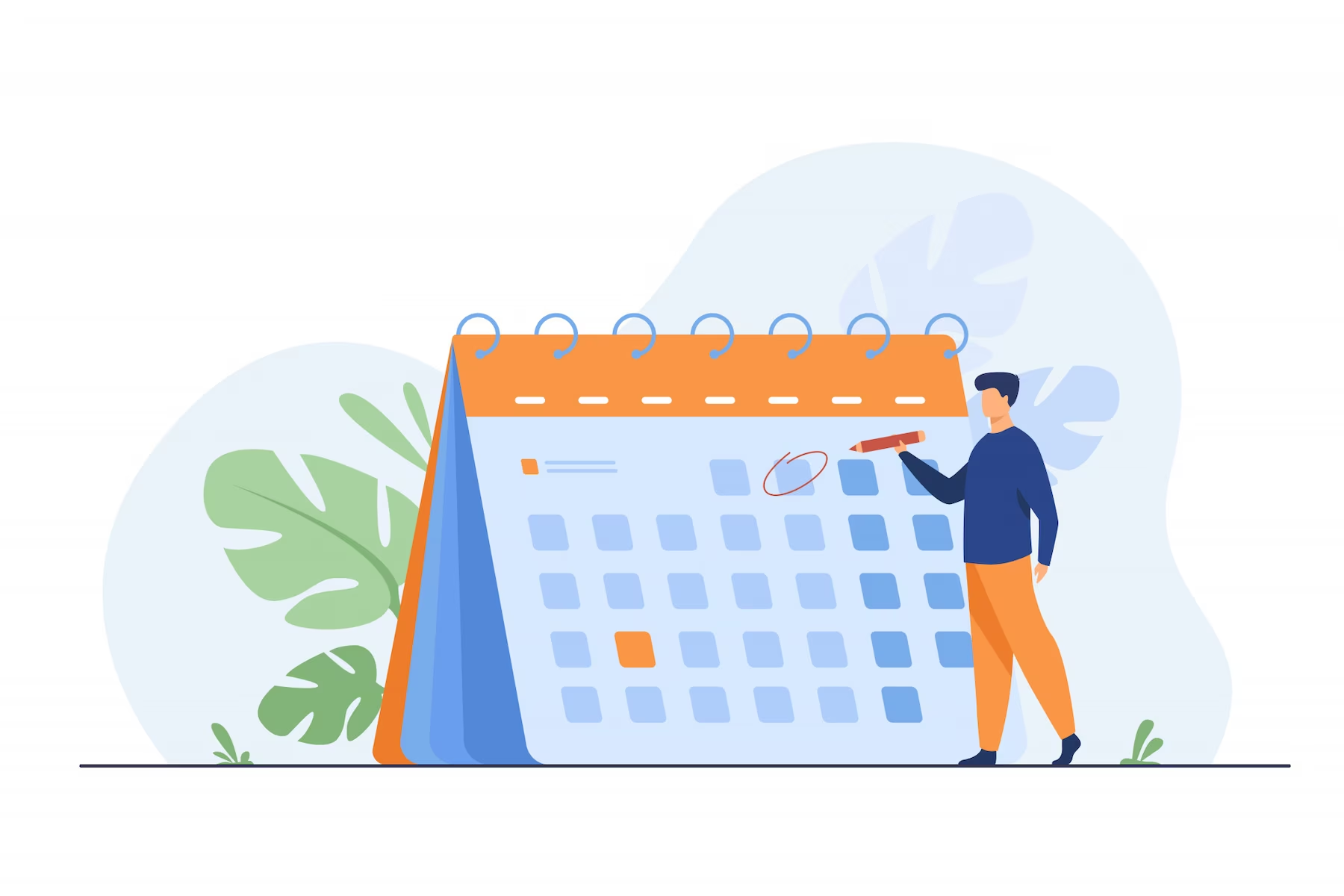
Planning your day is crucial to effective time management, including setting aside personal time. It involves taking time each day to think about your urgent tasks, deadlines, appointments, and personal time for the next day and prioritizing them.
By planning your day, you can ensure that you use your time efficiently and effectively, accomplish your goals, and reduce stress. Our personal planner can be an invaluable tool for planning your day. It provides a clear visual representation of your personal schedule and helps you keep track of your urgent tasks and appointments.
You can use our planner to write down all your daily tasks, prioritize them based on their importance and urgency. It’s crucial to be mindful of your capacity while scheduling your day.
When planning your day, it’s essential to be realistic about your capacity and energy levels. It’s quite normal to get carried away and you may schedule too much in a day, leading to burnout and decreased productivity.
Personal planners can help you identify potential conflicts or issues and address them before they become a problem. For example, if you have two important meetings scheduled back-to-back, you can use the planner to reschedule with proper transition time.
2. Create a Weekly Schedule
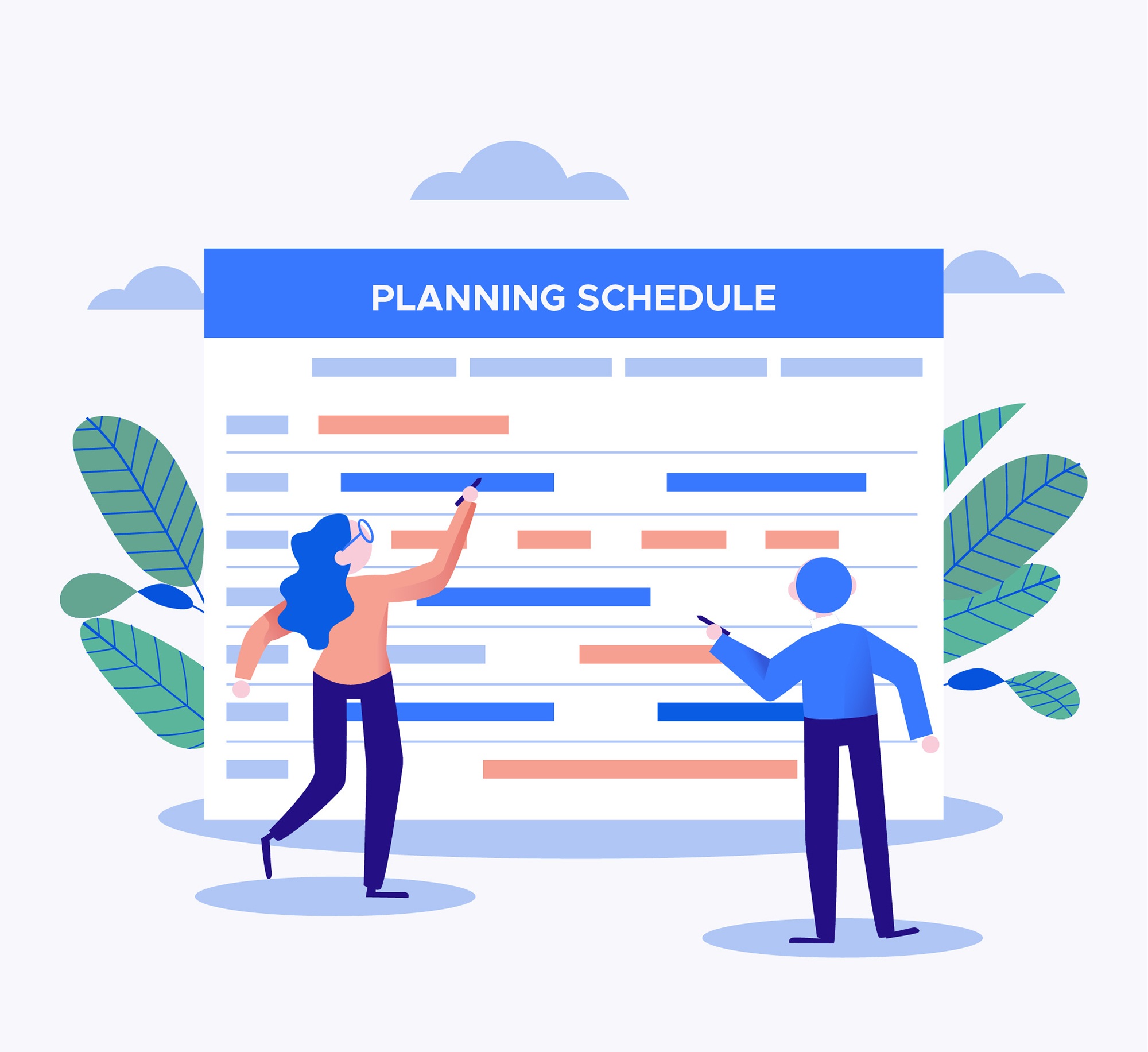
It involves planning your schedule each week, including appointments, meetings, deadlines, and urgent tasks. Review your weekly priorities and goals before making a calendar for the week. Then, prioritize your chores and appointments by writing them down according to their urgency and importance.
Make sure to designate time slots for each urgent task and block out time for recurring activities such as exercise, meal prep, or self-care. One advantage of using a personal planner for your weekly schedule is that it provides a clear visual representation of your schedule. As a result, you can easily see potential conflicts or overlaps and adjust as needed.
Doing this can prevent over-committing or skipping crucial deadlines or appointments. Creating a weekly schedule can also help you stay focused and motivated.
By breaking down your long-term goals into actionable steps and scheduling them into your week, you can progress toward achieving them. In addition, you can stay on urgent tasks and prevent procrastination by doing this.
3. Set Realistic Goals
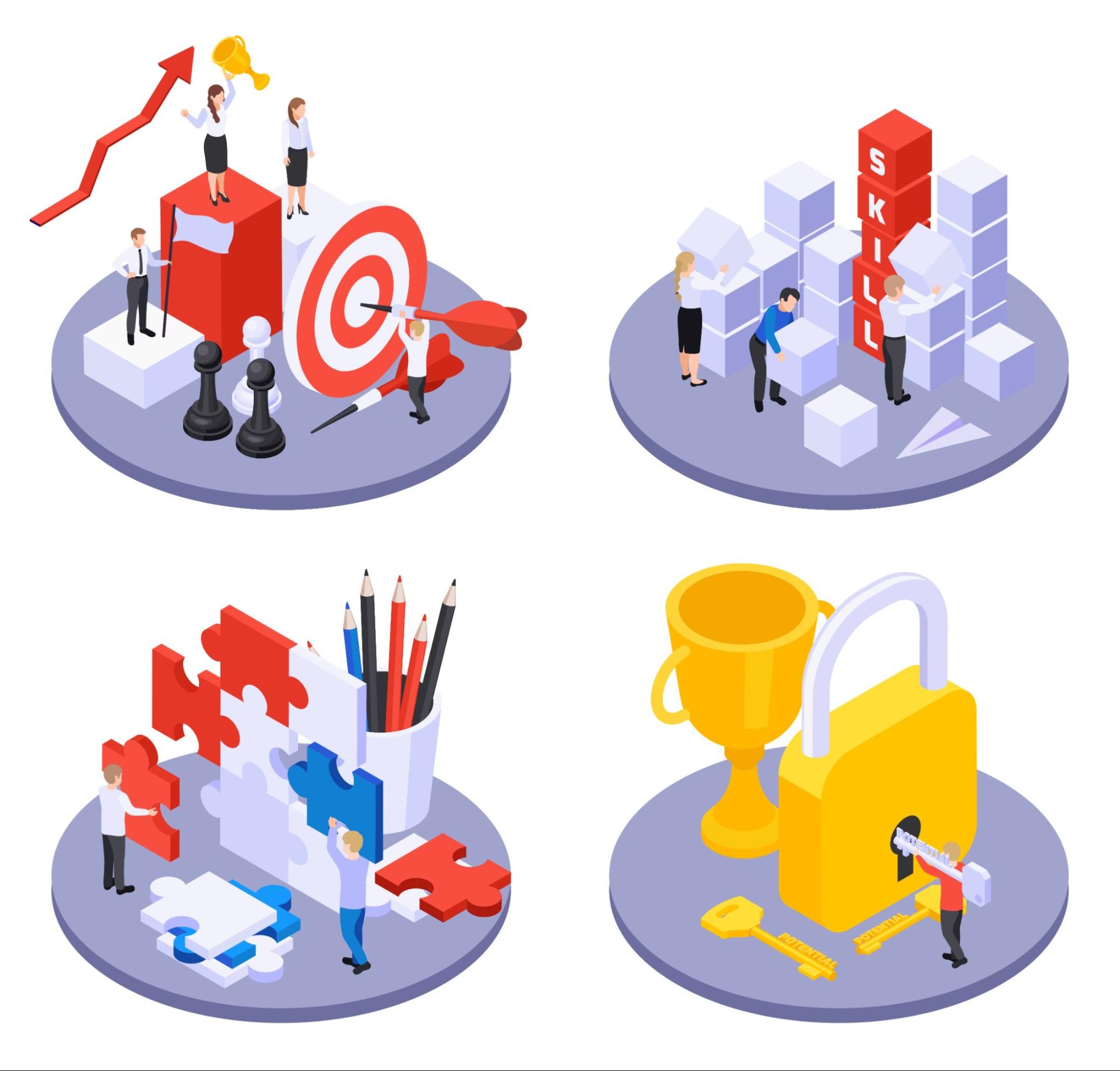
Realistic goal-setting is essential to good time management. It involves defining clear, achievable objectives that align with your long-term vision and taking steps to accomplish them. Using our personal planner to define and monitor goals is a great idea. However, realistic goal-planner settings are crucial considering your resources, time, and abilities.
Impractical and unfeasible ambitions can cause disappointment, exhaustion, and failure. On the other hand, establishing reasonable goals will enable you to move closer to your long-term goal while maintaining your motivation and confidence.
By identifying the necessary actions and assigning specific deadlines to each step, you can create a clear road map for achieving your goals. You’ll be able to stay motivated, organized, and focused using this. It’s crucial to examine your goals and make any necessary adjustments constantly.
Our personal planner can help you track your progress toward your goals and identify any obstacles or challenges. Then, by reflecting on your progress and making adjustments to your plan, you can make the most of your time.
4. Utilize time blocks strategy
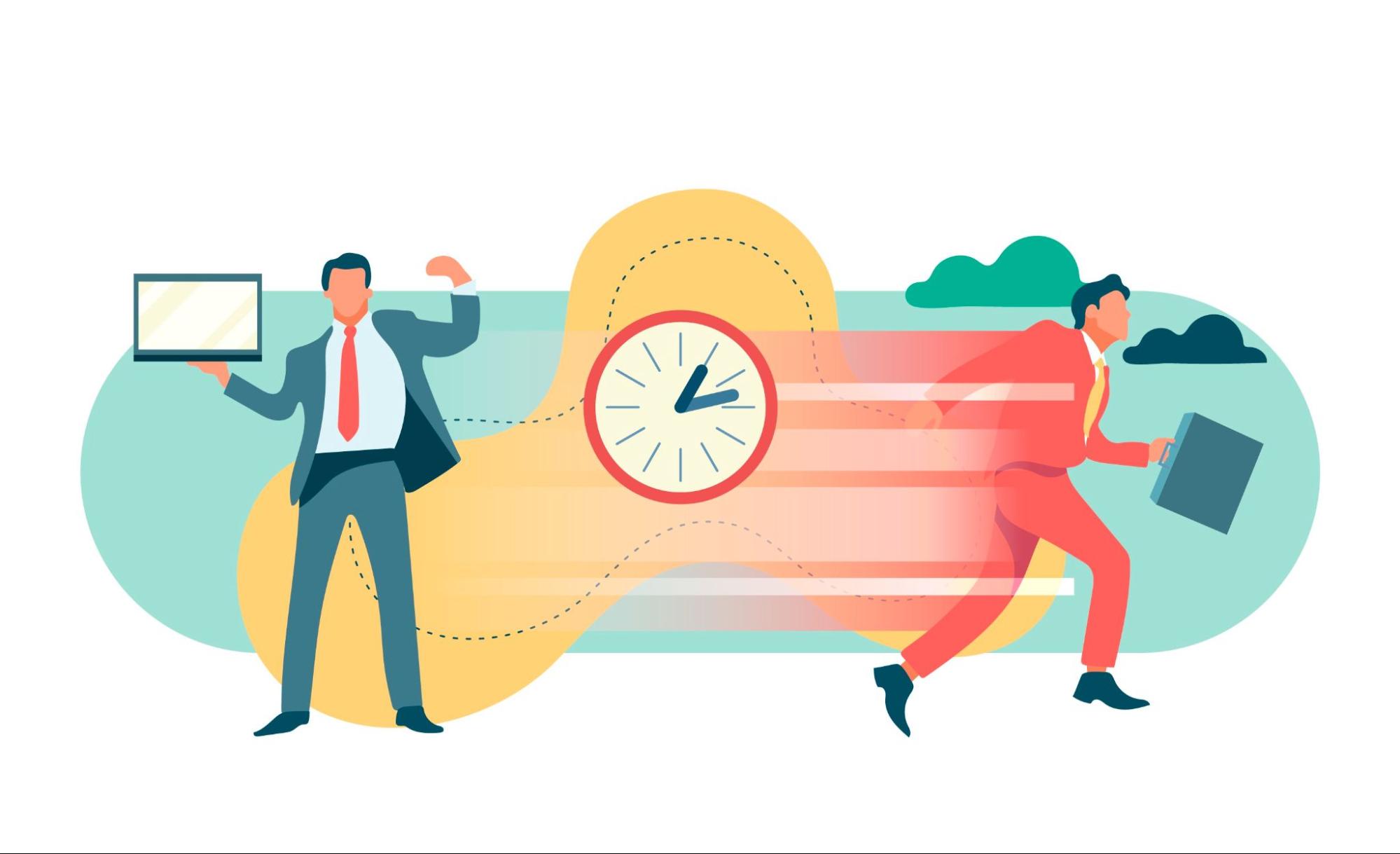
Breaking your day into discrete time blocks for various activities is a time management strategy known as “time blocking,” which is quite successful. It can help you prioritize your urgent tasks, reduce distractions, and increase productivity. Our planner can be a useful tool for implementing time blocking.
Start by identifying your top priorities and allocating specific time blocks for each activity when using time blocking. For example, you may allocate one hour for email management, two hours for focused work, and half an hour for exercise. Then, schedule breaks and downtime throughout the day to rest and rejuvenate.
A benefit of using our personal planner for time blocking is that it provides you with a clear visual representation of your schedule. As a result, you can modify your schedule as necessary and get a quick overview of your entire day. This can assist you in staying on urgent tasks, avoiding over-committing, or failing to meet crucial deadlines.
Time blocking has the added benefit of reducing distractions and boosting attention. You can eliminate multitasking and increase your productivity by allocating specific time blocks for different activities. By doing this, you can achieve more in less time and experience less stress.
5. Prioritize Self-Care

Effective time management requires setting self-care as a priority. It entails scheduling time for pursuits that advance one’s psychological, emotional, and physical well-being.
Our personal planner can be useful for prioritizing self-care and ensuring you make time for these important activities. Start by deciding which activities are most important to you when prioritizing self-care. Exercise, meditation, writing in a journal, reading, and spending time with loved ones are some examples.
In the calendar of a personal planner, set aside precise time slots for each activity. One advantage of this is that it helps you stay accountable and make time for each specific activity.
You are more likely to follow through with them and incorporate them into your routine if you schedule them into your day. As a result, your mood will lift, your stress levels will drop, and you’ll feel better all around.
6. Track Your Progress

Monitoring your progress is essential to time management success, as it enables you to stay on track with your goals and adjust your strategies as needed. It involves regularly reviewing your goals, urgent tasks, and activities to assess your progress and identify areas where you can improve, keeping your relation to time in mind.
When tracking your progress, review our planner regularly, as it can help manage your time effectively. In addition, you can use this to find any urgent tasks or activities you might have forgotten about or need to reschedule while considering your relation to time.
It can also help you check your progress toward your objectives and determine whether any plan modifications are necessary. Our planner gives an accurate visual representation of your goals, helping you manage your relation to time.
You can see how much time you’ve allocated for a list of tasks, whether you’re ahead or behind schedule, and what list of tasks or activities you’ve completed. This can keep you focused and organized, preventing you from over-committing or missing crucial deadlines, all while being mindful of your relation to time.
7. Utilize Eisenhower Matrix

Personal planner tools such as the Eisenhower matrix can assist you in organizing your tasks by their priority. Focusing on high-priority tasks maximizes your time and ensures you work on what matters most.
Utilizing a personal planner tool like the Eisenhower matrix allows you to efficiently allocate your time and energy towards the most critical tasks. You can effectively manage your workload and avoid feeling overwhelmed by categorizing tasks into four quadrants based on urgency and importance.
Additionally, employing such a matrix aids in maintaining a healthy work-life balance by helping you identify tasks that can be delegated or postponed. This way, you can concentrate on crucial tasks without neglecting your well-being, ultimately improving your overall productivity and satisfaction.
8. Employ Pomodoro Technique
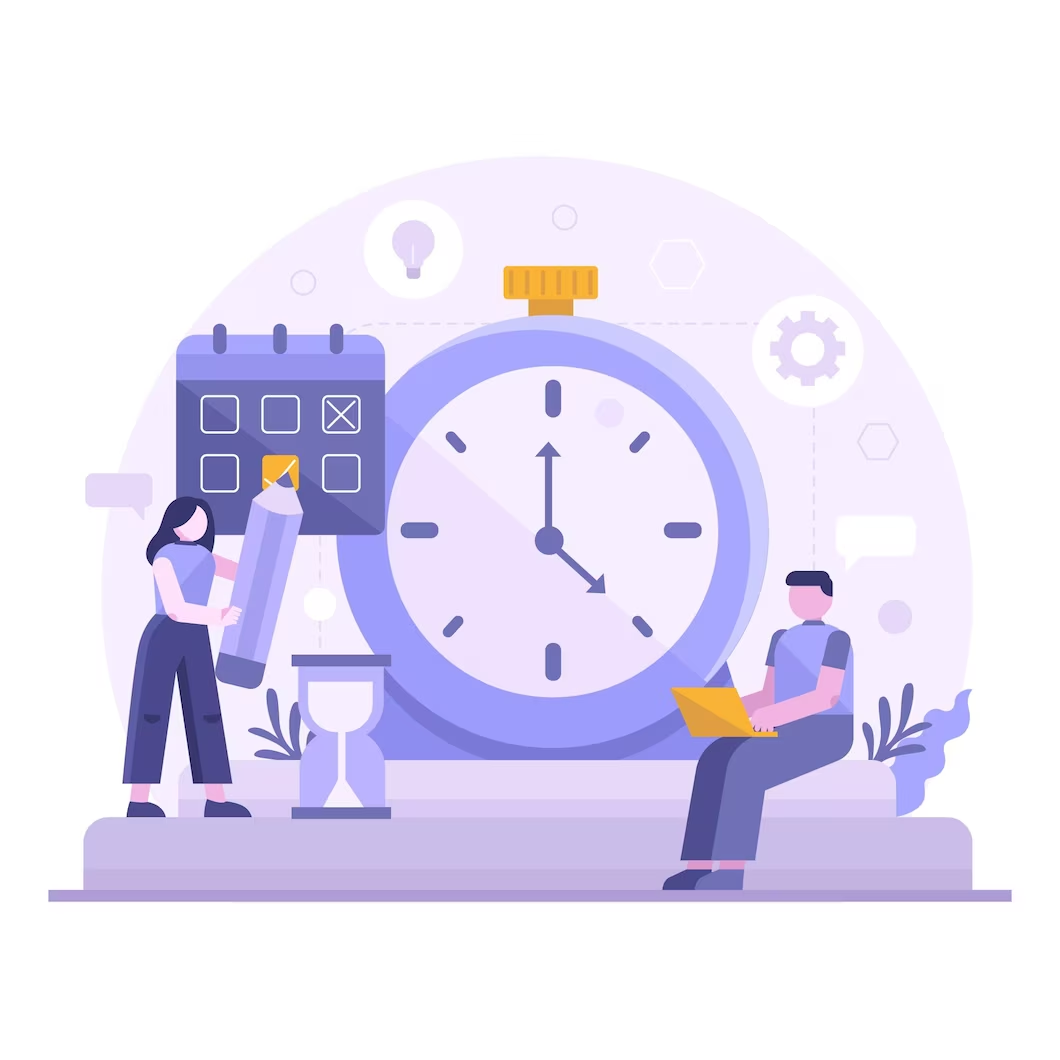
The personal planner’s pomodoro technique promotes productivity by encouraging a healthy balance between work and rest. Through a set period of time to a task, you are more likely to stay focused and engaged, allowing you to complete tasks more efficiently.
Another benefit is that it can help reduce and decrease procrastination. By breaking tasks into manageable 25-minute intervals, you are more likely to start working on them, as opposed to feeling overwhelmed by the idea of completing a large project all at once.
The short breaks between Pomodoro intervals provide an opportunity for your brain to rest and recharge. This not only helps maintain your concentration throughout the day, but can also lead to better retention and understanding of the material you are working on.
The best part is that the pomodoro technique fosters a sense of accomplishment and momentum as you complete each interval. This positive reinforcement can boost your motivation, making it easier to tackle subsequent tasks and maintain a high level of productivity throughout your workday.
The Takeaway
By incorporating the creative ways we’ve discussed, you can streamline your schedule, increase productivity, and reduce stress. From planning your day to prioritizing self-care, our effective strategies can help you make the most of your time.
You can better control your time and build a more manageable schedule with the help of Week Plan. So go ahead, use our personal planner creatively, and experience the positive impact on your time management skills and overall well-being.
Frequently Asked Questions (FAQs)
1. How can using a personal planner improve my time management and organizational skills?
A personal planner can enhance your time management and organizational skills by helping you create daily plans, prioritize tasks, and set realistic goals. It provides a clear visual representation of your schedule, enabling you to allocate time efficiently and stay on top of urgent tasks. Utilizing a personal planner consistently can lead to a more productive and organized life.
2. How can I integrate my to-do list into my personal planner?
You can integrate your to-do list into your personal planner by writing down all your tasks, prioritizing them according to their importance, and allocating specific time slots for each task. This will help you stay devoted towards your goals, while ensuring you allocate your time effectively for task management.
3. Can a personal planner help me create daily plans?
Yes, a personal planner can help you create daily plans by allowing you to outline your urgent tasks, deadlines, appointments, and personal time for the next day. By planning your day ahead, you can use your time efficiently and effectively while reducing stress and improving productivity.
4. How does using time-blocking as a time management technique benefit me?
Time-blocking, a time management technique, involves dividing your day into discrete time blocks for various activities, which can help you prioritize urgent tasks, reduce distractions, and increase productivity. By allocating specific time blocks for different activities, you can eliminate multitasking and improve your focus, ultimately achieving more in less time.
5. Can I improve my approach to productivity by using the Eisenhower Matrix in my personal planner?
Yes, incorporating the Eisenhower Matrix into your personal planner can significantly improve your approach to productivity. By categorizing tasks according to their importance, you can efficiently manage your workload, focus on high-priority tasks, and maintain a healthy work-life balance.
6. How do I prioritize self-care in my personal planner?
To prioritize self-care in your personal planner, identify activities that promote your well-being. Treat these self-care appointments as non-negotiable, ensuring you consistently make time for them, which will help improve your overall well-being and reduce stress.
7. Can using the Pomodoro Technique in my personal planner help me manage tasks more effectively?
Yes, the Pomodoro Technique can help you manage tasks more effectively by breaking them into manageable 25-minute intervals. This approach promotes focus, reduces procrastination, and provides short breaks for your brain to rest and recharge, ultimately leading to better productivity and task management.
8. How often should I review my personal planner to stay on track?
To stay on track, it’s essential to review your personal planner from time to time. Regularly reviewing your goals, urgent tasks, and activities will help you assess your progress, identify areas for improvement, and make necessary adjustments to your schedule, ensuring you remain focused and organized.
9. How can I use a mobile phone to enhance my personal planner experience?
Many personal planner apps are available for mobile phones, enabling you to access and update your planner on the go. These apps often include features such as reminders, notifications, and syncing across devices, providing a convenient and effective way to manage your time and stay organized.
10. What are the long-term benefits of consistently using a personal planner?
Consistently using a personal planner can lead to improved time management, increased productivity, reduced stress, and better work-life balance. By setting realistic goals, prioritizing tasks, and allocating time effectively, you can achieve a more organized, fulfilling life while progressing toward your long-term objectives.

More Posts
Planner For Busy Working Moms- Set Daily Routines
We know that it can be hard to plan a working mom’s schedule without a planner for busy working moms. Especially with long commutes and many household tasks. Every mom’s life is different....
9 Effective Time Management Tips for Virtual Assistants
Virtual assistants have many work tasks and personal duties to balance. It is important for them to manage time wisely. This guide will show them nine effective strategies to boost their efficiency. One...
10 Effective Teaching Hacks to Try This Month
Teachers always look for teacher hacks to make classes better. They want to manage the room effectively, keeps students engaged, and work more efficiently. They use new strategies and techniques to transform the...
10 Quotes About Willpower to feel Productive again
Willpower is key to staying on track and hitting our targets. It's just like a muscle, which means it can get tired. But, you can also make it stronger by using it more....